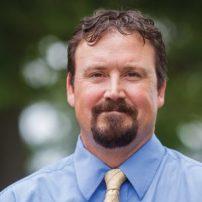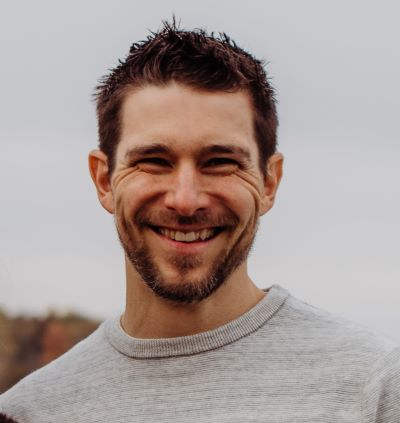
- This event has passed.
3/21/17: Christopher Winslow

Please join us for a Great Lakes Seminar Series presentation:
Time: 1:00-2:00 pm EST
Location: NOAA Great Lakes Environmental Research Laboratory, Lake Superior Hall
Presenter: Dr. Christopher J. Winslow, Ohio Sea Grant
Title: Lake Erie HABs and current research efforts: bloom behavior, producing safe drinking water, public health impacts, and nutrient load reduction
Webinar Recording: https://www.youtube.com/watch?v=61pjI0xL-a4
Abstract: A glimpse into the >50 projects currently managed by Ohio Sea Grant and OSU’s Stone Laboratory with assistance from the University of Toledo; Just under $7,000,000 are currently in play. These research efforts aim to: (1) improve the use of existing technologies and to develop new methods to detect, prevent and mitigate harmful algal blooms and their impacts; (2) assess the health impacts of harmful algal blooms and the associated toxins; (3) develop new treatment methods for contaminated drinking water that remove both algal particles in general and the toxins produced by cyanobacteria in particular; and (4) develop ways to disseminate HABs information more effectively by establishing how information moves through existing networks of people and using those networks – such as Extension and farmer partnerships – to distribute new information about harmful algal blooms. This work is supported by the Ohio Department of Higher Education, OSU’s College of Food Agricultural and Environmental Sciences, and Ohio Sea Grant. These efforts are truly collaborative involving eight agencies (four federal and four state), two NGOs, 13 universities, and four private sector entities.
Bio: For the past thirteen years Chris has been at Ohio State University’s Stone Laboratory, first as an instructor and research supervisor, but now as Director of both the Lab and the Ohio Sea Grant College Program. Chris was an Instructor at BGSU (2002-09) and an Assistant Professor at Kutztown University of Pennsylvania (2009-11). Chris’ research and outreach efforts include the impact of invasive species, nutrient loading, harmful algal bloom causes and impacts, dredging activity, coastal community resilience and growth, and the potential impacts of climate change. Chris is currently Co-Director of the Lake Erie Millennium Network and committee member of Annex IV and Annex II of the Great Lakes Water Quality Agreement, International Joint Commission’s Research Coordinating Committee (Science Advisory Board), Cleveland Water Alliance, Lake Erie Partnership Working Group, Blue Accounting – ErieStat Workgroup (Great Lakes Commission), and the Fertilizer Research Workgroup (Michigan Department of Agriculture and Rural Development). He is also Agency Partner for Ohio Lake Erie Commission, Advisory Board member of OSU’s Global Water Institute, Advisory Council member for the Ohio Water Trust, and member for Old Woman Creek National Estuarine Research Reserve Advisory Board. Chris holds a B.S. from Ohio University and both M.S. and Ph.D. from Bowling Green State University.
Important Visitor Information
All in-person seminar attendees are required to receive a visitor badge from the front desk at the NOAA Great Lakes Environmental Research Laboratory facility. Seminar attendees need to present a valid U.S. photo ID or green card. If you are a Foreign National, advance notification of at least 48 hours is needed so that security guidelines are followed. You will need to present your passport (a copy will NOT work). For questions regarding building access, or assistance in obtaining Foreign National clearance, please call 734-741-2393. Email contact: [email protected]
_____________________________________________________
Questions? Contact Mary Ogdahl: [email protected]

